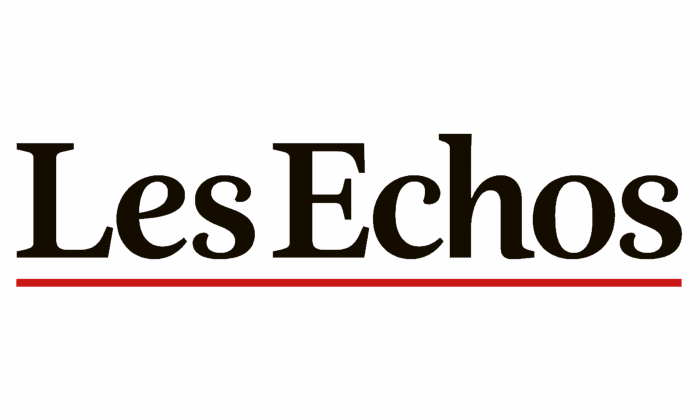
Les Échos, August 4, 2025
The market is an essential driver of economic dynamism. It enables efficient resource allocation, stimulates innovation, and adjusts supply to demand. However, it is neither perfect nor self-sufficient. Regulation is required to prevent excesses, ensure fairness, and secure long-term stability. Such regulation demands a legal framework, robust institutions, and legitimate authorities to set the rules of the game—but this framework must not harden into a straitjacket.
Over the past several decades, the public sphere has continued to expand, often in poorly controlled ways. In France in particular, one observes a trend toward over-administration and excessive taxation. The State now intervenes in an ever-growing number of areas, inserting itself far too often into relationships between individuals and organizations, while simultaneously weakening intermediary bodies. The result is a proliferation of rules and an ever more complex bureaucracy—alongside a decline in competitiveness and in the attractiveness of work.
Administrative red tape, diminishing effectiveness of public policies, and blurred responsibilities are the visible symptoms of this drift. Public action thus ceases to inspire confidence; instead, it creates disappointment, resentment, and disengagement. Citizens too often feel infantilized, stripped of their ability to act, reduced to a kind of civic passivity. This climate breeds withdrawal and mistrust toward institutions and politics, perceived as distant, ineffective, or even incompetent. The expansive logic of the public sphere further sustains the illusion that the State can provide answers to every problem. That illusion locks us into a vicious cycle: the more the State promises, the more it disappoints; the more its scope expands, the less effective it becomes. This erosion of individual responsibility deepens collective fear, sometimes even in the face of minor problems. As Hannah Arendt so aptly observed, “A State that intrudes everywhere does not only undermine institutions; it also destroys relations of trust between citizens, by placing itself in between them and turning them into strangers to one another.”
Too much State intervention therefore alienates individuals from their own capacity to act. This affects not only democratic vitality but also the capacity of society to innovate and adapt. It encourages inertia, obstructs necessary reforms, and undermines collective trust. The economic and social fabric suffers as a result. An excess of rules, taxes, and levies guarantees neither fairness nor efficiency; instead, it immobilizes society rather than helping it navigate change. This leads to a persistently low employment rate and blocks social mobility. For this reason, rethinking the balance between market and public power has become urgent. The market does need rules—but rules that are clear, stable, not overly numerous, and adapted to contemporary challenges. The State, for its part, must concentrate on its core missions and prioritize effectiveness. As Tocqueville already warned: “The sovereign extends its arms over society as a whole; it covers its surface with a network of small, complicated, minute, and uniform rules through which even the most original minds and the most vigorous souls cannot find their way to rise above the crowd. It does not subjugate wills, but softens, bends, and directs them; it does not tyrannize, but hinders, compromises, enervates, extinguishes, and stupefies, until finally reducing the nation into nothing more than a herd of timid and industrious animals of which the government is the shepherd.”
The challenge, then, is not to choose market or State but to rearticulate them intelligently. France must move beyond the all-too-frequent Manichaean logic according to which whatever is public is necessarily good while whatever is private is automatically suspect—or vice versa. What is needed is the restoration of complementarity between individual initiative and responsibility on the one hand and collective organization on the other. There exists a path of balance that combines economic efficiency with ethical responsibility. Efficiency is not the sole property of markets, just as ethics is not the exclusive domain of the public sphere. Public authorities must constantly seek equilibrium—harmonizing the best of both sides.
This requires a deep reform of public action. Instead of piling on new administrative layers, the State must simplify, decentralize responsibility, and refocus on its strategic functions. Policy should be designed with constant attention to actual outcomes, steering clear of counterproductive effects and ideological dogmatism—whether fashionable or outdated. Only thereby can we prevent both entropy in the public sphere and loss of meaning in society. In doing so, trust in institutions, politics, and ultimately democracy itself can be restored.
Olivier Klein
Professor of Economics, HEC